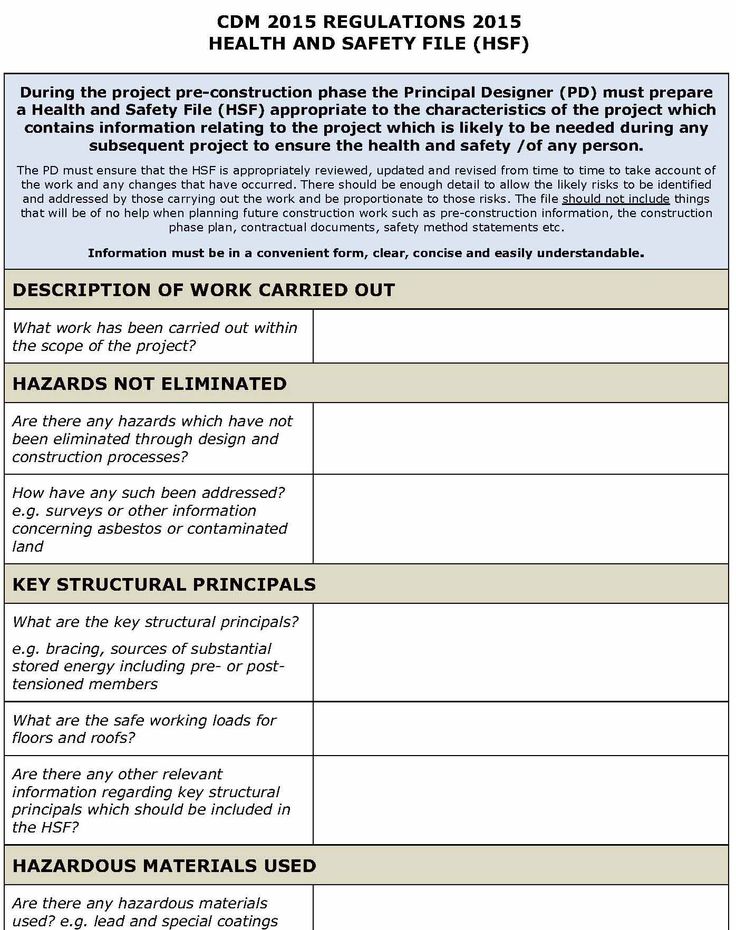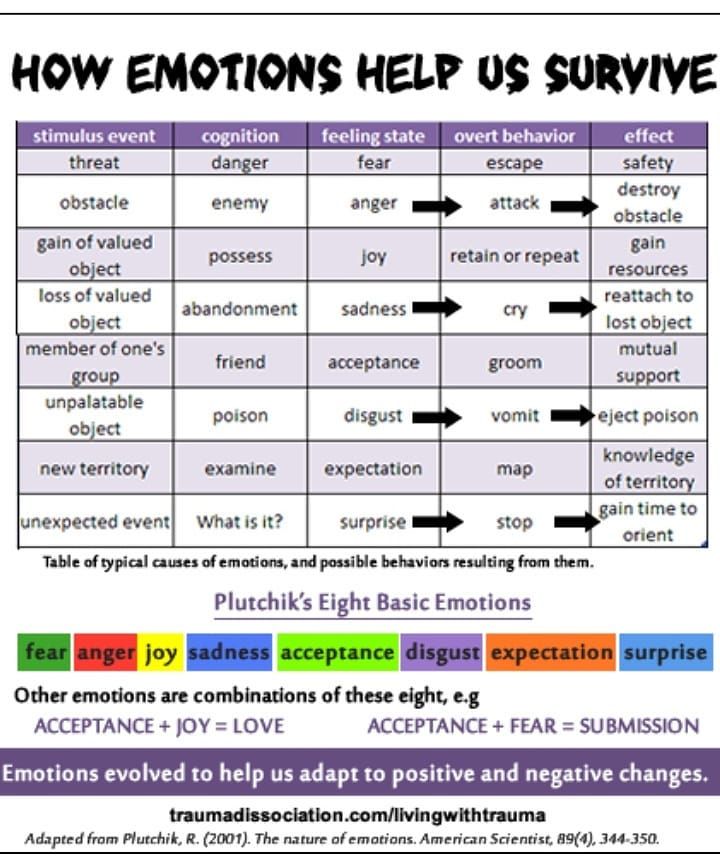What to expect when you see a psychologist
First Psychological Appointment: Here's What to Expect
Starting therapy can seem overwhelming, but the more you know, the easier it will be. Here’s what to expect at your first psychologist appointment.
If you’ve decided to see a psychologist or a psychotherapist, you may be feeling mixed emotions. The first step to reaching out and finding help can be challenging, so try to show yourself compassion and patience.
Psychotherapy — also called talk therapy — offers a safe space to work through concerns you may not feel comfortable sharing elsewhere. Therapy can benefit many mental health conditions, including anxiety, depression, and post-traumatic stress disorder (PTSD).
Psychotherapy can be a powerful tool to help you navigate the challenges of daily life, work on stress management, and develop effective coping strategies.
Nevertheless, starting therapy — especially that very first session — can feel intimidating. To help you manage any stress or fear, here’s a rundown of what to expect from every stage of the process.
Every psychologist’s consultation process is slightly different.
During your first appointment, you and your therapist will ask each other questions and sort out the logistics of your treatment plan.
During your first session, you’ll also get a sense of your therapist’s style. This first meeting is sometimes known as an “intake session.”
Here’s a few things that may happen during this session.
Your therapist will have questions for you
Your new psychologist may ask you a variety of questions during your consultation. They will likely want to know:
- what prompted you to seek treatment
- your background
- your life circumstances
- any past treatment you’ve sought
- your goals for therapy
There may be some subjects you’re not comfortable discussing yet. If so, it’s absolutely fine to set boundaries and communicate your limits to your therapist. Boundaries could be critical if you’re living with trauma.
Therapy is a safe space and is designed to work for you. You get to set the pace.
You get to set the pace.
You may have questions for your therapist
During your intake session, you can ask any burning questions you may have about therapy in general or about your therapist in particular.
One question you may want to ask is what type of therapy your therapist practices. There are various treatment approaches within psychotherapy, including:
- cognitive behavioral therapy (CBT)
- interpersonal therapy
- dialectical behavioral therapy (DBT)
- psychodynamic therapy
- humanistic therapy
- eclectic therapy
- art and music therapies
Knowing which approach(es) your therapist takes or specializes in will help you understand what future sessions may look like.
They might ask you to fill out forms
Before or during your intake session, your therapist may give you an “Informed Consent” document to sign, confirming your agreement to enter into therapy.
This document will typically include:
- your therapist’s name and licensing information
- their practice policies and fees
- the anticipated course of therapy
- information about the limits of confidentiality and patient rights
You might also be asked to fill out additional questionnaires. These might involve questions about your medical and mental health history and your current state of mind.
These might involve questions about your medical and mental health history and your current state of mind.
Try to answer as honestly and comfortably as you can. The more your therapist knows upfront, the more effective care they can provide you.
It’s essential to read through the agreement carefully, and you’re entitled to copies of any documents you sign.
They might ask for insurance or financial information
It’s a good idea to have your health insurance information handy for the intake session. Your insurance information will help your therapist give you the most accurate information about coverage and costs.
If your therapist offers sliding scale options, they may also ask you for financial information so that they can determine your fee.
Your time is valuable — and so is your therapist’s. You’ll want to understand your therapist’s cancellation policy, late fees, and billing practices.
Psychology vs. psychiatry: What’s the difference?
Psychologists and psychiatrists aren’t quite the same. While both diagnose and treat mental health conditions, they each use different tools and approaches.
While both diagnose and treat mental health conditions, they each use different tools and approaches.
Psychiatrists are doctors who may incorporate talk therapy into your treatment plan. Unlike therapists, they can prescribe medications, other medical treatments, and order lab work.
The title “therapist” is an umbrella term for mental health professionals including counselors and psychologists. Therapists usually use talk and behavioral therapies.
Therapists and psychiatrists often work together to provide the most effective care for their patients.
You’ll want to decide what will make you most comfortable as you begin therapy.
For some people, that will mean preparing thoroughly and bringing notes. Other people may simply go into the session and be open to the feelings that come up in the moment.
If you’d like to be prepared, you could spend some time before your first session deciding what you’d like to discuss. If you’re seeking therapy because of a particular experience — a bereavement, traumatic event, or a life transition — it might be helpful to take a few notes along to remind you of the specific topics you want to address.
Some helpful questions could include:
- What are your goals for therapy?
- Is there a particular outcome that you’re seeking?
- Would you prefer your therapy to be short term and focused or more open-ended?
- What coping strategies are working for you right now, and what do you want to change?
After your first session, you’ll likely have a good sense of your therapist’s approach and whether they’re a good fit for you.
You can decide whether you want to continue sessions with them or try a different therapist.
If you stay with your therapist, you can decide how frequently you want to attend sessions. The general rule of thumb is that sessions should be weekly. Some therapists’ policies don’t allow for fewer sessions, especially in the beginning.
Some people may need to attend therapy more than once a week. Other people may have a treatment plan that allows for sessions every other week or even once a month.
Some therapists may assign homework. This is particularly common in CBT. If you’re not comfortable with homework, consider addressing this with your therapist early on.
This is particularly common in CBT. If you’re not comfortable with homework, consider addressing this with your therapist early on.
Starting therapy is a powerful step toward healing, stability, self-actualization, and much more.
Therapy’s not an overnight fix, so you might not feel a noticeable difference after just one session. Achieving your desired outcomes will require commitment and consistency.
According to the American Psychological Association, half who seek therapy each year will need between 15 and 20 sessions. Some people feel better right away. For others, it’s a much longer process.
As you begin delving into difficult memories or subjects, you might feel worse after your early sessions. One way to think of this is like the soreness you feel after an intense workout or a deep tissue massage — the pain is part of the healing process.
For some people, starting therapy is the hardest step. Consider showing yourself grace and compassion. You’re not alone in this.
First Psychological Appointment: Here's What to Expect
Starting therapy can seem overwhelming, but the more you know, the easier it will be. Here’s what to expect at your first psychologist appointment.
If you’ve decided to see a psychologist or a psychotherapist, you may be feeling mixed emotions. The first step to reaching out and finding help can be challenging, so try to show yourself compassion and patience.
Psychotherapy — also called talk therapy — offers a safe space to work through concerns you may not feel comfortable sharing elsewhere. Therapy can benefit many mental health conditions, including anxiety, depression, and post-traumatic stress disorder (PTSD).
Psychotherapy can be a powerful tool to help you navigate the challenges of daily life, work on stress management, and develop effective coping strategies.
Nevertheless, starting therapy — especially that very first session — can feel intimidating. To help you manage any stress or fear, here’s a rundown of what to expect from every stage of the process.
Every psychologist’s consultation process is slightly different.
During your first appointment, you and your therapist will ask each other questions and sort out the logistics of your treatment plan.
During your first session, you’ll also get a sense of your therapist’s style. This first meeting is sometimes known as an “intake session.”
Here’s a few things that may happen during this session.
Your therapist will have questions for you
Your new psychologist may ask you a variety of questions during your consultation. They will likely want to know:
- what prompted you to seek treatment
- your background
- your life circumstances
- any past treatment you’ve sought
- your goals for therapy
There may be some subjects you’re not comfortable discussing yet. If so, it’s absolutely fine to set boundaries and communicate your limits to your therapist. Boundaries could be critical if you’re living with trauma.
Therapy is a safe space and is designed to work for you. You get to set the pace.
You get to set the pace.
You may have questions for your therapist
During your intake session, you can ask any burning questions you may have about therapy in general or about your therapist in particular.
One question you may want to ask is what type of therapy your therapist practices. There are various treatment approaches within psychotherapy, including:
- cognitive behavioral therapy (CBT)
- interpersonal therapy
- dialectical behavioral therapy (DBT)
- psychodynamic therapy
- humanistic therapy
- eclectic therapy
- art and music therapies
Knowing which approach(es) your therapist takes or specializes in will help you understand what future sessions may look like.
They might ask you to fill out forms
Before or during your intake session, your therapist may give you an “Informed Consent” document to sign, confirming your agreement to enter into therapy.
This document will typically include:
- your therapist’s name and licensing information
- their practice policies and fees
- the anticipated course of therapy
- information about the limits of confidentiality and patient rights
You might also be asked to fill out additional questionnaires.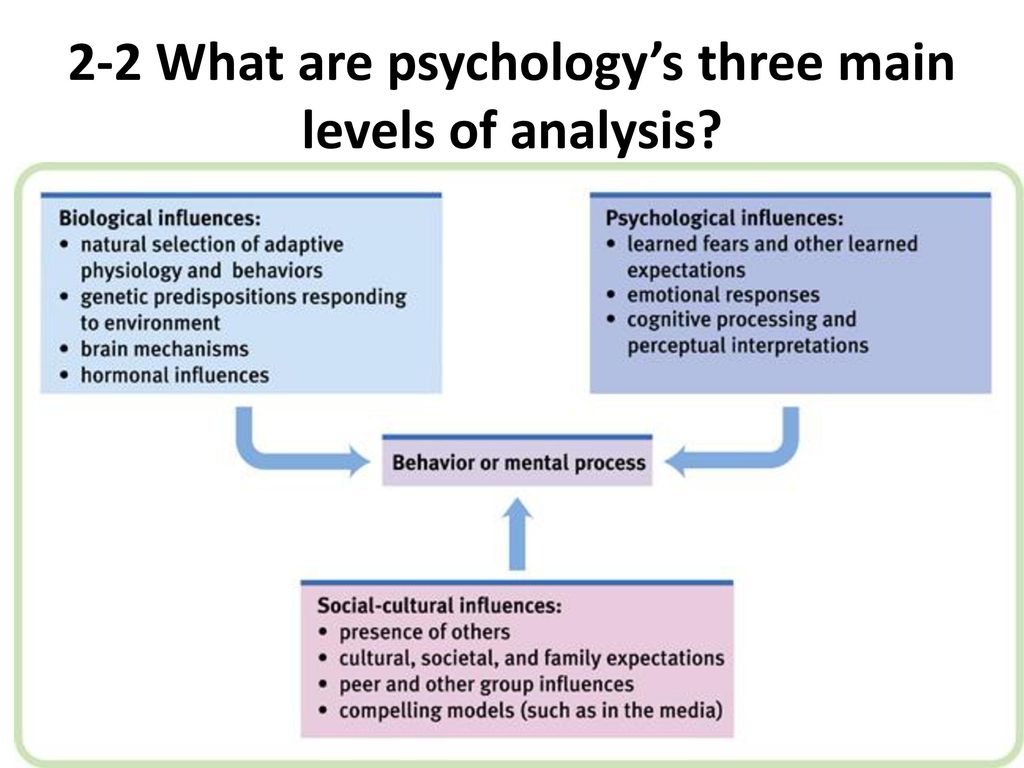 These might involve questions about your medical and mental health history and your current state of mind.
These might involve questions about your medical and mental health history and your current state of mind.
Try to answer as honestly and comfortably as you can. The more your therapist knows upfront, the more effective care they can provide you.
It’s essential to read through the agreement carefully, and you’re entitled to copies of any documents you sign.
They might ask for insurance or financial information
It’s a good idea to have your health insurance information handy for the intake session. Your insurance information will help your therapist give you the most accurate information about coverage and costs.
If your therapist offers sliding scale options, they may also ask you for financial information so that they can determine your fee.
Your time is valuable — and so is your therapist’s. You’ll want to understand your therapist’s cancellation policy, late fees, and billing practices.
Psychology vs. psychiatry: What’s the difference?
Psychologists and psychiatrists aren’t quite the same. While both diagnose and treat mental health conditions, they each use different tools and approaches.
While both diagnose and treat mental health conditions, they each use different tools and approaches.
Psychiatrists are doctors who may incorporate talk therapy into your treatment plan. Unlike therapists, they can prescribe medications, other medical treatments, and order lab work.
The title “therapist” is an umbrella term for mental health professionals including counselors and psychologists. Therapists usually use talk and behavioral therapies.
Therapists and psychiatrists often work together to provide the most effective care for their patients.
You’ll want to decide what will make you most comfortable as you begin therapy.
For some people, that will mean preparing thoroughly and bringing notes. Other people may simply go into the session and be open to the feelings that come up in the moment.
If you’d like to be prepared, you could spend some time before your first session deciding what you’d like to discuss. If you’re seeking therapy because of a particular experience — a bereavement, traumatic event, or a life transition — it might be helpful to take a few notes along to remind you of the specific topics you want to address.
Some helpful questions could include:
- What are your goals for therapy?
- Is there a particular outcome that you’re seeking?
- Would you prefer your therapy to be short term and focused or more open-ended?
- What coping strategies are working for you right now, and what do you want to change?
After your first session, you’ll likely have a good sense of your therapist’s approach and whether they’re a good fit for you.
You can decide whether you want to continue sessions with them or try a different therapist.
If you stay with your therapist, you can decide how frequently you want to attend sessions. The general rule of thumb is that sessions should be weekly. Some therapists’ policies don’t allow for fewer sessions, especially in the beginning.
Some people may need to attend therapy more than once a week. Other people may have a treatment plan that allows for sessions every other week or even once a month.
Some therapists may assign homework. This is particularly common in CBT. If you’re not comfortable with homework, consider addressing this with your therapist early on.
This is particularly common in CBT. If you’re not comfortable with homework, consider addressing this with your therapist early on.
Starting therapy is a powerful step toward healing, stability, self-actualization, and much more.
Therapy’s not an overnight fix, so you might not feel a noticeable difference after just one session. Achieving your desired outcomes will require commitment and consistency.
According to the American Psychological Association, half who seek therapy each year will need between 15 and 20 sessions. Some people feel better right away. For others, it’s a much longer process.
As you begin delving into difficult memories or subjects, you might feel worse after your early sessions. One way to think of this is like the soreness you feel after an intense workout or a deep tissue massage — the pain is part of the healing process.
For some people, starting therapy is the hardest step. Consider showing yourself grace and compassion. You’re not alone in this.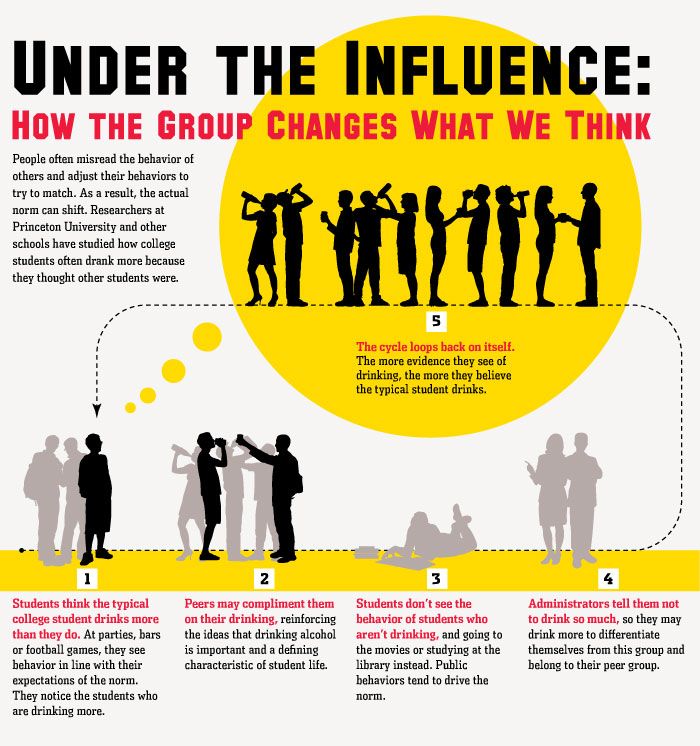
| About psychotherapy Psychologist, psychotherapist - now, probably, there is no person who has not heard these words at least once. But many people vaguely imagine what an appeal to such specialists can give. "Psychologist and psychotherapist: whom to choose?"There is a significant difference between a psychologist and a psychotherapist both in education, and in the ways that they can use to help, and in the problems that they help to solve. But there is also a similarity: both of them can work with healthy people, help to overcome difficult life situations of their clients and patients, apply similar, non-drug methods of assistance, work in line with one of the psychotherapeutic approaches (humanistic, existential, psychoanalytic, etc.). .d.) nine0006 In Russia, according to the law, only a person with a medical education in the specialty of general medicine who has undergone additional training in psychotherapy can be called a psychotherapist. In this article, we mean more helping healthy people who find themselves in a difficult life situation and, given the similarity of the professions described above, we will refer to the word "psychologist", meaning by it a specialist who uses non-medical ways to solve a problem. "I haven't tried it, but I know it won't help me." Is it even worth asking for help from a person who is not a direct participant in the current situation? Opinions on this issue differ radically. So what can you expect when seeking help from a psychologist? Let's start with what a one-time visit to a specialist can provide. “I am ready to visit a psychologist only once, so it’s not worth going?” The first meeting of a client with a psychologist is always very important. As a rule, this is a meeting of two people who did not know each other before, one of whom came to talk about the innermost and deeply personal. And now it's time to talk about the reason for the visit. Clarifying the purpose of the appeal can sometimes take up the entire space of the first meeting. For example, a person came who was unable to establish relations with colleagues. The question of a specialist: “How exactly do you want to see your interaction at work?” Can be confusing. But after all, if for one happiness, if he is not touched and simply does not interfere with his duties, for another, recognition and respect from colleagues is necessary, and for the third, it is important to be part of a team and have friendly, equal communication. It's a big job for the client too. Through it, you can understand more about your desires, see important details of the situation that you did not pay attention to before. Look at your problem differently, from a different angle. Sometimes this is already enough to determine the path of further movement. “I am ready to work with a psychologist, what next?” The request (namely, this is how the purpose of the appeal is called in psychological language) is defined, and then it is necessary to clarify exactly how communication will take place, how often and approximately how many meetings will be needed to achieve a result. The specialist will tell you all the key points. But each of us has our own importance and needs. For example, a client expected to be taught some specific techniques or ways to solve an existing problem, but he was either embarrassed to say this, or did not consider it necessary. During the meeting, a long conversation takes place with many questions, the purpose of which is not clear to him. Of course, you can console yourself with the fact that the specialist knows better and, most likely, the person who applied will take out something useful for himself from the conversation. But the main thing, why he came, the client still will not receive. It is a completely different option when it is announced in advance that the outcome of the meeting should be a specific answer to the topic: “What to do?”. At any moment, whenever the client has questions: to the course of psychotherapeutic work, to the personality of the specialist, to the mode of meetings, it is important to ask them. Psychologists themselves often ask their clients for the so-called feedback: is it clear that I'm talking about whether what I offer suits you, whether you see any benefit from our communication for yourself. All these can be points that help to determine the rightness or wrongness of the movement of psychotherapeutic work. Not the only ones, of course, since a client sometimes comes to a specialist because he himself does not really know what he wants and how to achieve it. nine0058 The path from request to solution usually takes several meetings. A frequent client question: “How many consultations do I need to solve my problem?” rarely has a definite answer. "I want to know if a specialist can help me with my problem." It is important to understand that not only the psychologist is responsible for the result. A person is not some kind of device that can be repaired regardless of his will, reactions, aspirations. If you need to repair a device, you need to take the tool and perform certain manipulations. But this object is not alive, it does not experience feelings, it does not have a strictly individual lived experience that would leave a deep imprint on its activity, there are no preferences in repair methods, there is no possibility to unconsciously resist external influences. But the client has all this and he, one way or another, influences the process of psychotherapeutic communication, so the process of “eliminating breakdowns” is much more complicated. A person is not universal and many psychologists note that for each client they invent their own therapy. “What can I get from working with a psychologist?”What happens in the course of communication between two (if we are talking about the individual work of a psychologist) or more (in a situation of family counseling) people? What changes in the life of a client who has successfully completed a course of psychotherapy? First, self-awareness. For example, a person begins to feel confident in those situations that previously caused him discomfort. Or, he ceases to be afraid of those things that used to cause panic horror in him. Or, he begins to react more calmly, without strong anger and aggression, to the attacks of the boss. In general, the result may be different depending on the query that was originally defined. nine0006 Internal changes are invariably followed by external ones. Confidence can enable you to achieve more at work. The absence of excessive fears opens up more freedom in activities, leisure, organizing the space of one's own life. Sometimes the result of the joint work of a psychologist and a client is like a miracle. From the outside it may seem that this is just the most ordinary conversation, although during the consultation the specialist uses many techniques, techniques, and methods. But all this is difficult to see without special knowledge. What can be said or done that a person begins to change? nine0006 How does psychotherapy work? Each of us has our own life experience, our own ways of adapting to life, our own methods of solving difficult situations. And we use all our “baggage” often by inertia, no longer noticing what we are doing. Just as we do not notice how we inhale and exhale air or move our legs when walking. We just breathe or walk. But even such simple actions we can perform both with maximum benefit for ourselves and to the detriment. So a very tall person, who is often forced to bend over when entering and exiting doors, standing in transport, talking with less tall people, gradually weans himself from keeping his back straight and imperceptibly switches to a semi-bent position of the neck, shoulders, and back. The same thing happens with our psychological modes of adaptation. In the course of the joint work of the psychologist and the client, you can see all those stumbling blocks that prevent you from building your life as efficiently and safely as possible. Moreover, having learned to notice exactly how a person creates his own difficulties, he gets the opportunity to start acting differently. But even such a simple action as keeping your back straight again will require tension, concentration on the problem and time, and changing internal reactions in its structure is even more difficult. This is a long process that requires a lot of effort from both the client and the specialist. And just as negative changes happened gradually, the process of positive changes cannot be completed in one moment either. Therefore, it usually takes time to achieve such a result, and the proposed course, as a rule, consists of no less than ten meetings. nine0006 “It will be difficult for me to trust a stranger. ” ” Whether the client has decided on one visit to a specialist or is already ready to work on his problem for a long time, he can count on acceptance and support. Both during the treatment and in the course of joint work with a psychologist, a person can experience a variety of feelings: excitement, interest, anxiety, fear, shame. Whatever state the client is in, so that he does not tell about himself, the professional will not criticize and condemn him. And this invaluable acceptance alone can help to see the role of the applicant himself in this situation and create a platform for further positive changes. nine0006 Share: You can learn more about the services of the Center and make an appointment for by calling (812) 640-38-55 , writing to Whatsapp or , or filling out the form below. | Center Services
Cooperation
Contacts |
 Such a specialist, if necessary, can prescribe treatment and prescribe medications. Psychologists, on the other hand, more often have a higher education in the humanities, and, depending on the diploma they receive, their activities can lie in various areas from psychological counseling to business training. Psychologists focused on providing individual, family or group care, as a rule, also have training in the field of non-drug psychotherapeutic methods: art therapy, gestalt therapy, sand therapy, etc. nine0006
Such a specialist, if necessary, can prescribe treatment and prescribe medications. Psychologists, on the other hand, more often have a higher education in the humanities, and, depending on the diploma they receive, their activities can lie in various areas from psychological counseling to business training. Psychologists focused on providing individual, family or group care, as a rule, also have training in the field of non-drug psychotherapeutic methods: art therapy, gestalt therapy, sand therapy, etc. nine0006 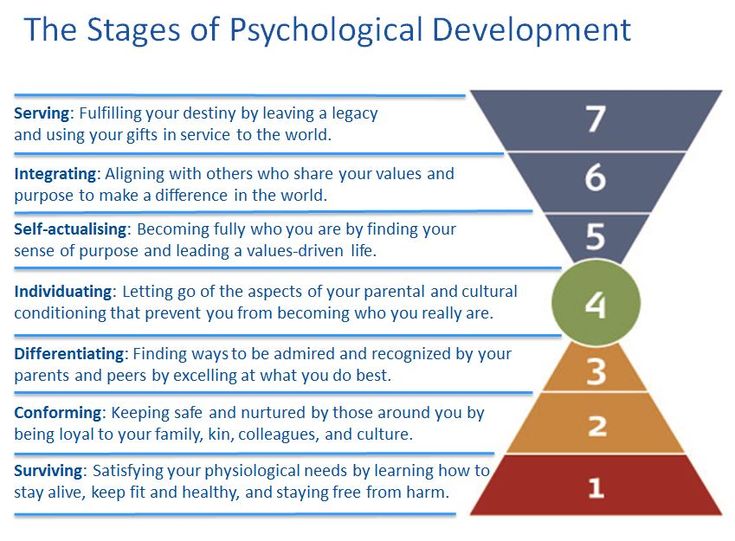 Someone believes that all this is nothing more than a tribute to fashion and cannot bring real benefits. Someone thinks: probably, this can help someone, but it is unlikely for him personally. If only because no one can know a person better than himself. And partly it will be right, but more on that later. Someone expects a magical transformation, or at least a clear understanding of how to solve the difficulties that have arisen, taking one or two meetings with a psychologist to achieve the result. In general, there are many options for what an appeal to a specialist can (or cannot) give, and they do not always coincide with reality. nine0006
Someone believes that all this is nothing more than a tribute to fashion and cannot bring real benefits. Someone thinks: probably, this can help someone, but it is unlikely for him personally. If only because no one can know a person better than himself. And partly it will be right, but more on that later. Someone expects a magical transformation, or at least a clear understanding of how to solve the difficulties that have arisen, taking one or two meetings with a psychologist to achieve the result. In general, there are many options for what an appeal to a specialist can (or cannot) give, and they do not always coincide with reality. nine0006  It's not always easy. A range of feelings, from anxiety to fear, from excitement to shame, from interest to a sense of hopelessness, can be experienced by the client. Various thoughts come to him: how to start, what to talk about, and what to keep silent about for now, whether he is doing the right thing, whether they can help him here, etc. Not everyone can immediately talk about what worries them, they need time to look at that specific person who is behind the word “psychologist”. Contact is being established between the two people. nine0006
It's not always easy. A range of feelings, from anxiety to fear, from excitement to shame, from interest to a sense of hopelessness, can be experienced by the client. Various thoughts come to him: how to start, what to talk about, and what to keep silent about for now, whether he is doing the right thing, whether they can help him here, etc. Not everyone can immediately talk about what worries them, they need time to look at that specific person who is behind the word “psychologist”. Contact is being established between the two people. nine0006  Therefore, the psychologist clarifies, investigates, reformulates, trying to understand the client's needs as accurately as possible and determine the purpose of the work. An incorrectly formulated problem, by definition, cannot have a correct solution. nine0006
Therefore, the psychologist clarifies, investigates, reformulates, trying to understand the client's needs as accurately as possible and determine the purpose of the work. An incorrectly formulated problem, by definition, cannot have a correct solution. nine0006  One person, in order to start trusting a specialist, must know whether he has already had people with similar problems, another wants to receive confirmation of qualifications, a third needs to find out how the result that is planned to be achieved is created, etc. When a kind of agreement is being negotiated between a psychologist and a client, it's time to ask all the exciting questions. nine0006
One person, in order to start trusting a specialist, must know whether he has already had people with similar problems, another wants to receive confirmation of qualifications, a third needs to find out how the result that is planned to be achieved is created, etc. When a kind of agreement is being negotiated between a psychologist and a client, it's time to ask all the exciting questions. nine0006 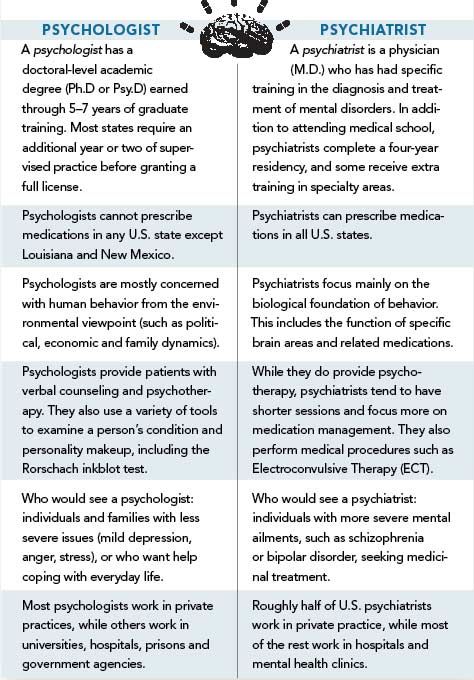 A competent specialist is unlikely to give you ready-made advice and there are many reasons for that, but he can help you find some way out of the current situation. nine0006
A competent specialist is unlikely to give you ready-made advice and there are many reasons for that, but he can help you find some way out of the current situation. nine0006  The speed of promotion depends on so many factors and you can write a separate article about this.
The speed of promotion depends on so many factors and you can write a separate article about this. 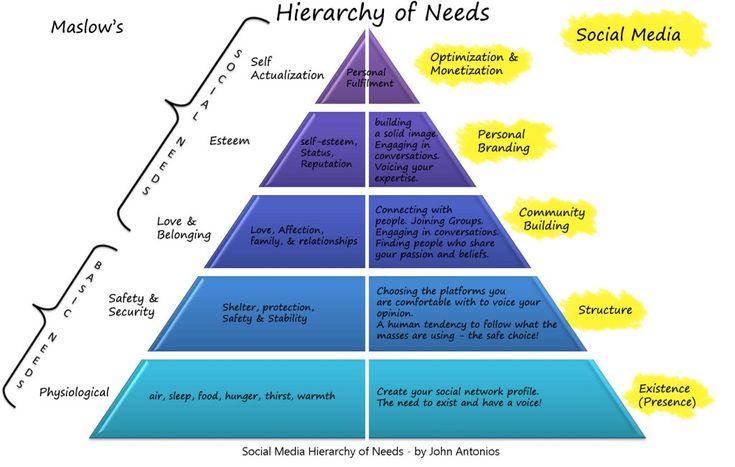 nine0006
nine0006  The ability to calmly take a hit can contribute to career advancement, etc.
The ability to calmly take a hit can contribute to career advancement, etc.  nine0006
nine0006  Therefore, you should definitely not be afraid of it. But getting ready to work more efficiently is a good idea. You may be nervous before
Therefore, you should definitely not be afraid of it. But getting ready to work more efficiently is a good idea. You may be nervous before 
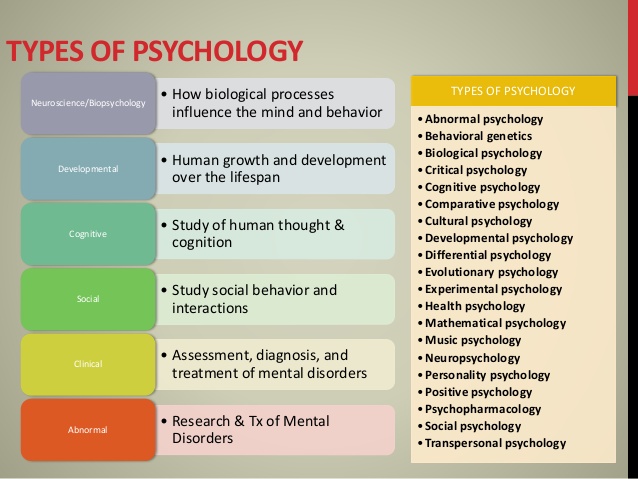 Do not lose heart, what are your years, you will still find yourself.
Do not lose heart, what are your years, you will still find yourself. 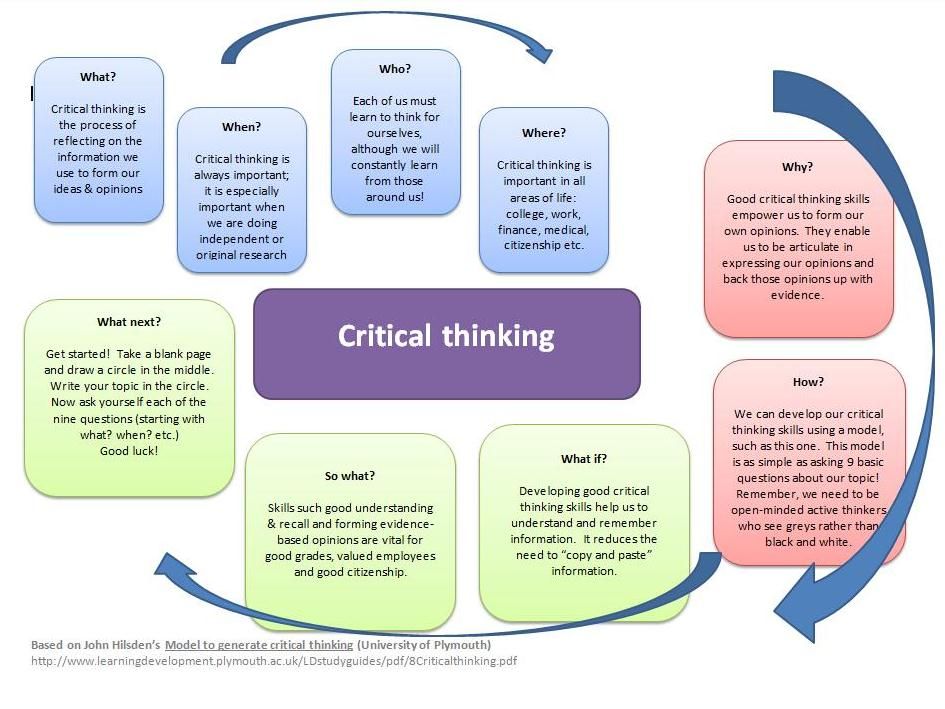 The client is Masha, a girl who suffers from panic attacks.
The client is Masha, a girl who suffers from panic attacks.  But neither the neurologist, the cardiologist, nor the endocrinologist found significant violations. So Masha got a diagnosis of VVD and recommendations to walk more and be less nervous. But the symptoms didn't go away.
But neither the neurologist, the cardiologist, nor the endocrinologist found significant violations. So Masha got a diagnosis of VVD and recommendations to walk more and be less nervous. But the symptoms didn't go away.  For most requests (such as panic attacks), medication is not necessary. A 2013 study showed that talking therapy helps with anxiety disorders better than medication*
For most requests (such as panic attacks), medication is not necessary. A 2013 study showed that talking therapy helps with anxiety disorders better than medication*  A request is something that you want to solve with therapy. It is necessary to formulate what worries you and how you would like to change it*
A request is something that you want to solve with therapy. It is necessary to formulate what worries you and how you would like to change it*  It turned out that she had recently suffered a sudden dismissal from her previous job and an urgent search for a new one, in which she was not completely sure. Most likely, the body reacted with panic attacks to severe stress, which could not be worked out.
It turned out that she had recently suffered a sudden dismissal from her previous job and an urgent search for a new one, in which she was not completely sure. Most likely, the body reacted with panic attacks to severe stress, which could not be worked out. 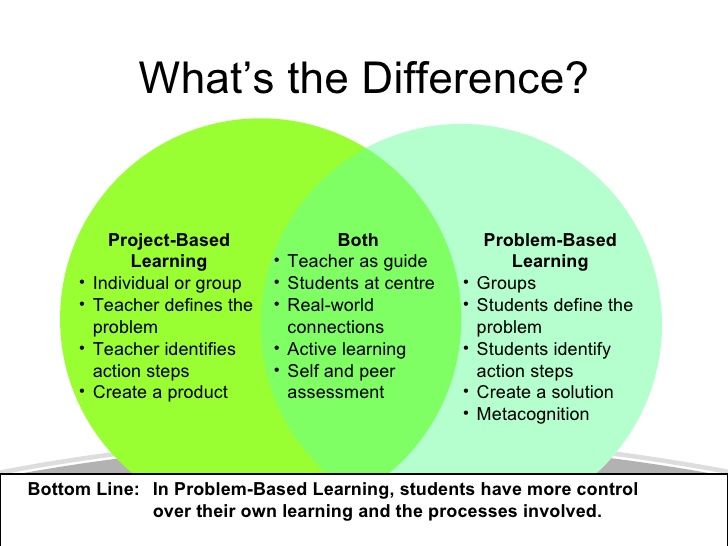 nine0006
nine0006 

